Boomers look to move states when they retire to enjoy a better quality of life during their golden years. While many states, such as Florida and Virginia, welcome retirees, others are less welcoming. We take a look at the 21 states that prove difficult for Boomers to retire to.
Massachusetts

Approximately 16% of people in Massachusetts are over 65, which is lower than the average (17.3 percent). One of the main reasons there are fewer retirees in the state is that it is notoriously expensive to live there. Most retirees are looking for a state that enjoys a low cost of living, especially if their retirement fund is lower than average.
Maryland
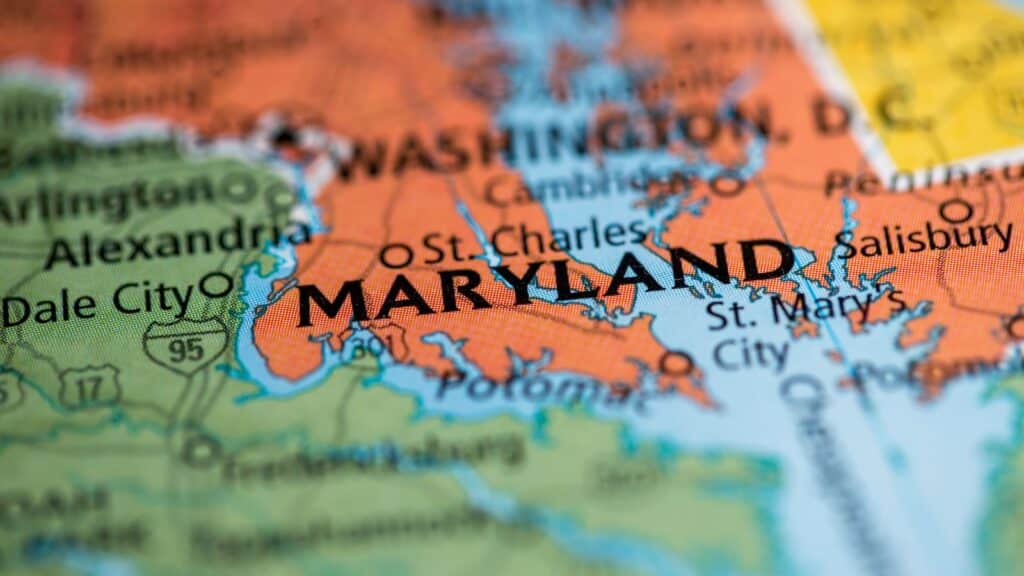
Due to its high property and state income taxes, Maryland is often a no-go zone for retirees. Additionally, Maryland’s cost of living is generally higher than the national average, particularly for property. This can significantly impact people’s retirement budgets, especially for Boomers with fixed incomes.
New York

For Boomers looking for a relaxing place to retire, the “city that never sleeps” is not the perfect destination. New York has very high taxes and a high cost of living, which does not suit a retiree’s lifestyle.
Vermont
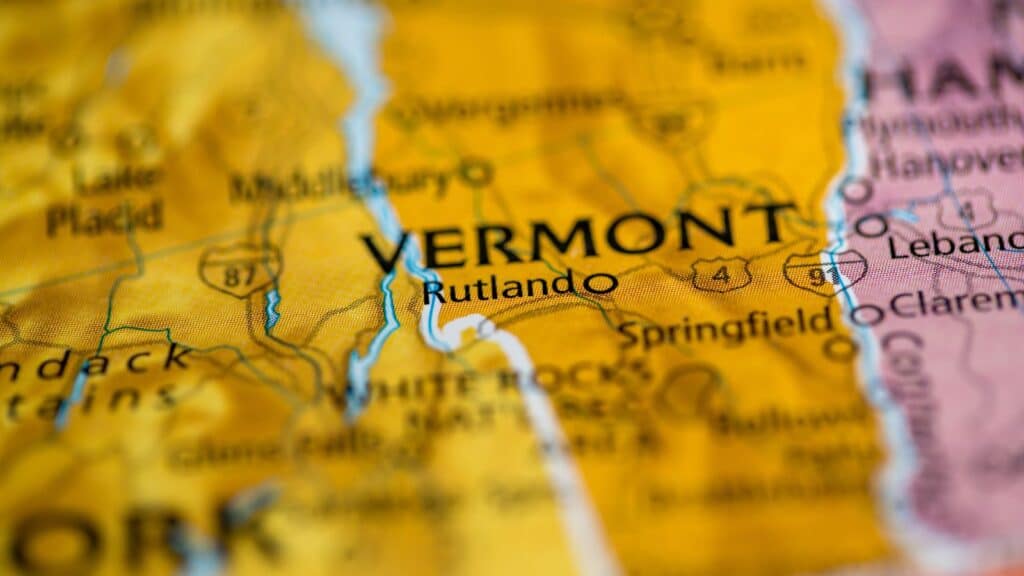
Vermont’s rural charm may appeal to some Boomers, but retirees can be isolated due to its low population and harsh weather conditions. In addition to the high taxes, Vermont is not a welcoming place for people looking for a comfortable retirement.
Connecticut

Retirees may struggle to pay for a comfortable retirement in Connecticut as the cost of living is high. Unlike some states, Connecticut doesn’t offer significant tax breaks specifically for retirees, making it less attractive to Boomers looking for any help they can get.
Illinois
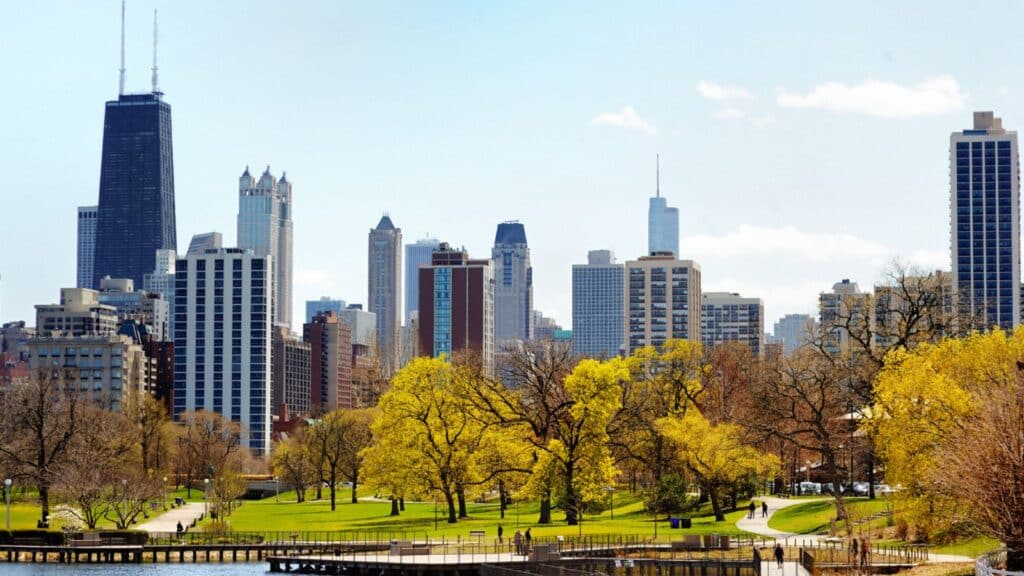
Illinois is not the most cost-effective state for retirees on a limited budget to live in. High taxes and a high cost of living, driven by price hikes to cater to the tourism industry, mean that just 15% of the population is over 65.
California

California does attract retirees looking for sunshine and a vibrant lifestyle, but it is expensive to live there, and the constant stream of tourists can be off-putting. Like many other states on this list, property taxes can be high, and it is difficult to find affordable housing.
New Jersey
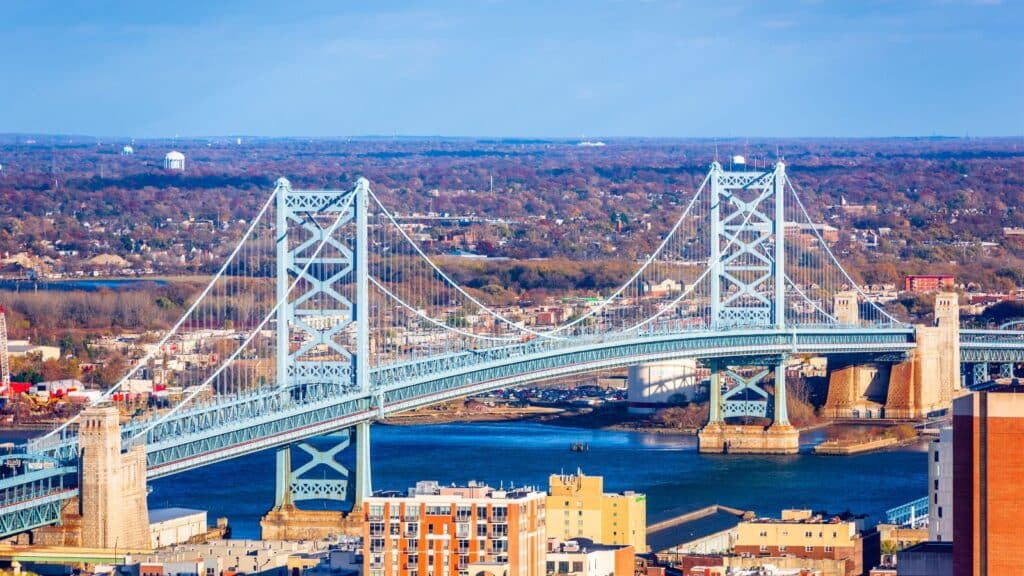
Housing costs, property taxes, and daily expenses can be significantly higher than the national average in New Jersey, which can be a burden for Boomers. Not even the laid-back lifestyle and beautiful beaches can lure people to retire to the state.
Rhode Island
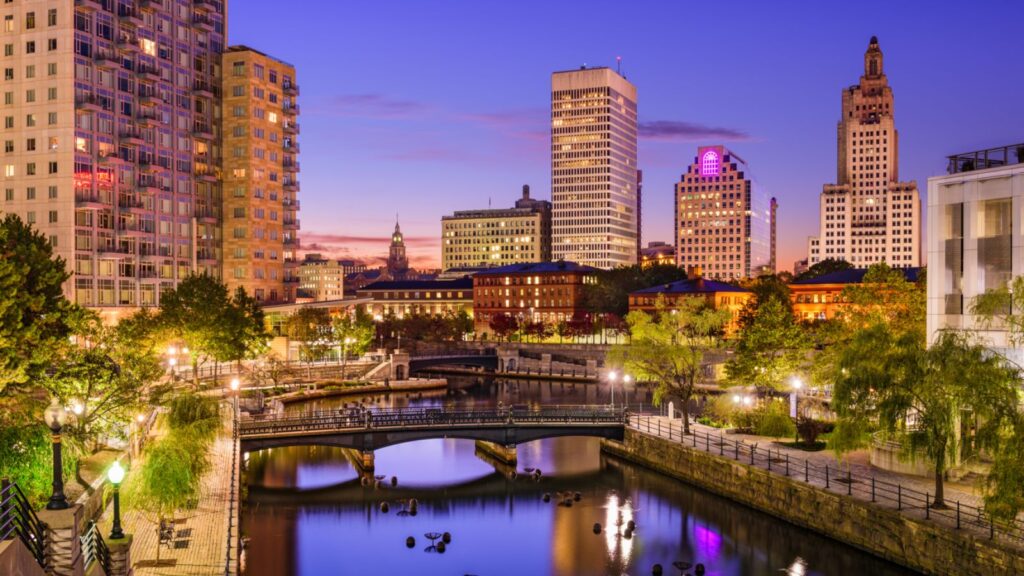
Picturesque Rhode Island should be desirable for retirees, with its close-knit communities, beautiful scenery, and great seafood. However, housing costs, groceries, and other expenses can be higher than anticipated, especially for retirees from lower-cost areas.
Washington D.C
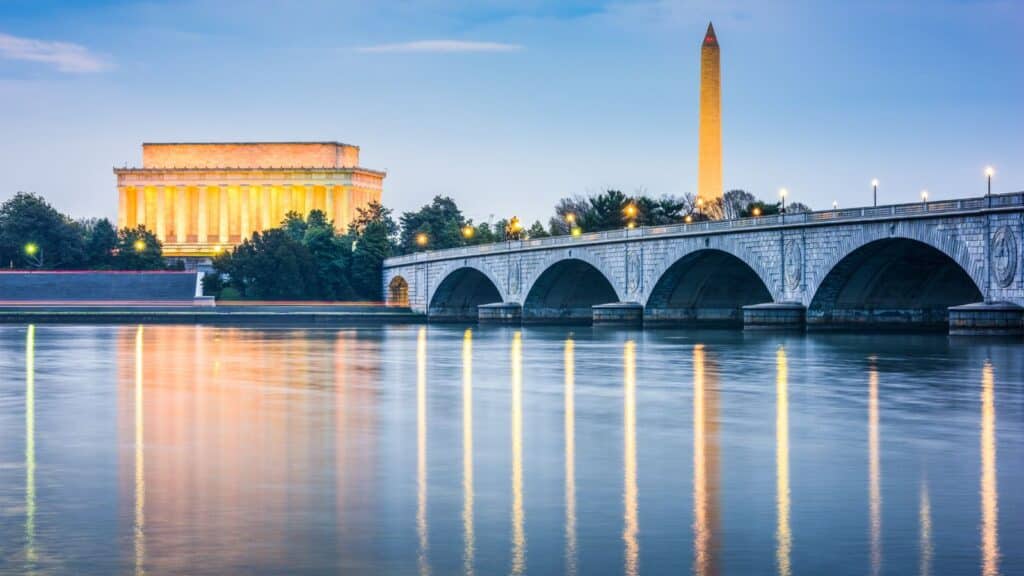
The high cost of living and taxes put people off retiring to Washington, D.C., as they want a state that offers good value for money. In addition, D.C. is a very busy state, and traffic can be a nightmare to navigate. For retirees who want to be able to move around at a relaxed pace, Washington D.C. is not the one.
Oregon

Oregon is another state with a high cost of living, particularly for housing and healthcare. Most retirees live on a fixed income, typically including Social Security benefits, pensions, and investment income, so moving to a high-cost state is out of the question.
Wisconsin

Wisconsin winters can be long, cold, and snowy. This can be difficult for some retirees, especially those with health limitations or who prefer warmer climates. For those who can withstand the cold winters, the high cost of living in some parts of Wisconsin can make it financially impossible for many.
Hawaii

The biggest hurdle for most retirees in Hawaii is the exceptionally high cost of living. Property taxes can also be high, further adding to the financial burden. For Boomers with money to spare, the cost of living may not put people off, but there is the issue of the state being far away from family members, which can be isolating.
Minnesota

Minnesota is another state with higher-than-average taxes that may put people off retiring there. However, the punishing winters also detract retirees looking for year-round warmth in their older years.
Maine
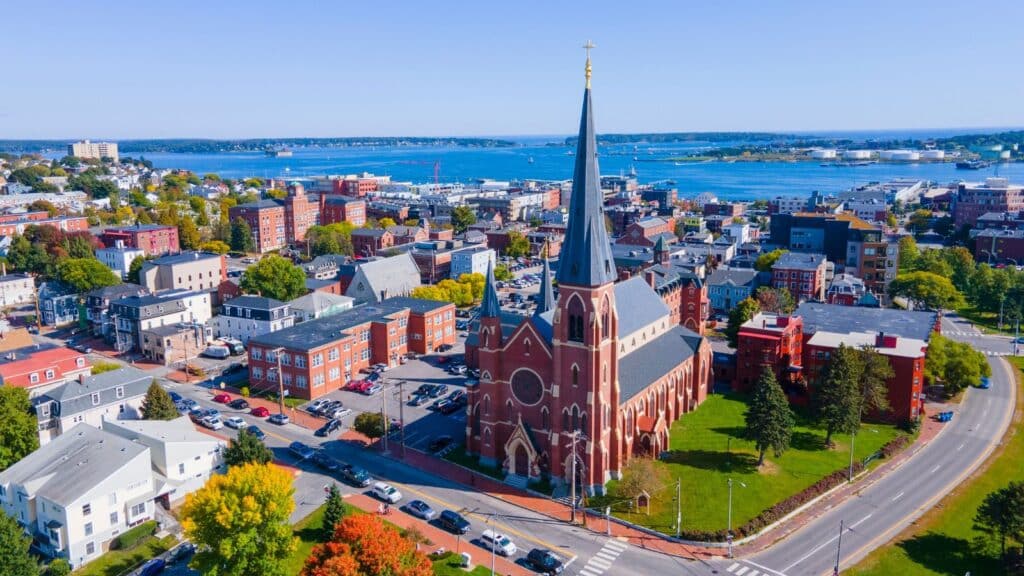
While generally lower than some areas in the Northeast, Maine’s cost of living can be higher than the national average. The cold winters may also be an issue for retirees with health issues.
Alaska

Alaska experiences long, cold winters with well below freezing temperatures and significant snowfall. Snow removal and icy conditions can be a hassle, impacting mobility and outdoor activities throughout the year.
North Dakota
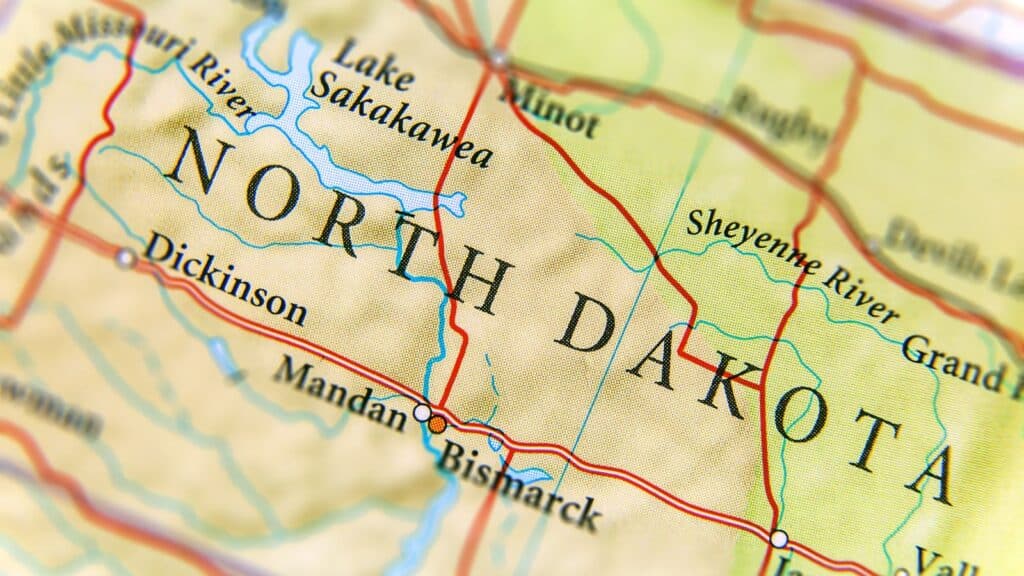
Compared to more populated areas, North Dakota offers limited cultural activities like museums, theaters, and concerts. Retirees who enjoy a vibrant cultural scene might find options lacking.
Louisiana

Louisiana sits in what’s known as “hurricane alley” and faces a significant risk of hurricanes and tropical storms. These can cause major damage to property and infrastructure, requiring expensive repairs and potentially displacing residents.
Utah

Utah boasts stunning national parks, mountains, and natural beauty, perfect for outdoor enthusiasts. This may seem like the perfect state to retire to, but, unfortunately, Utah taxes all retirement income, including Social Security benefits. This can be a significant financial burden.
Wyoming
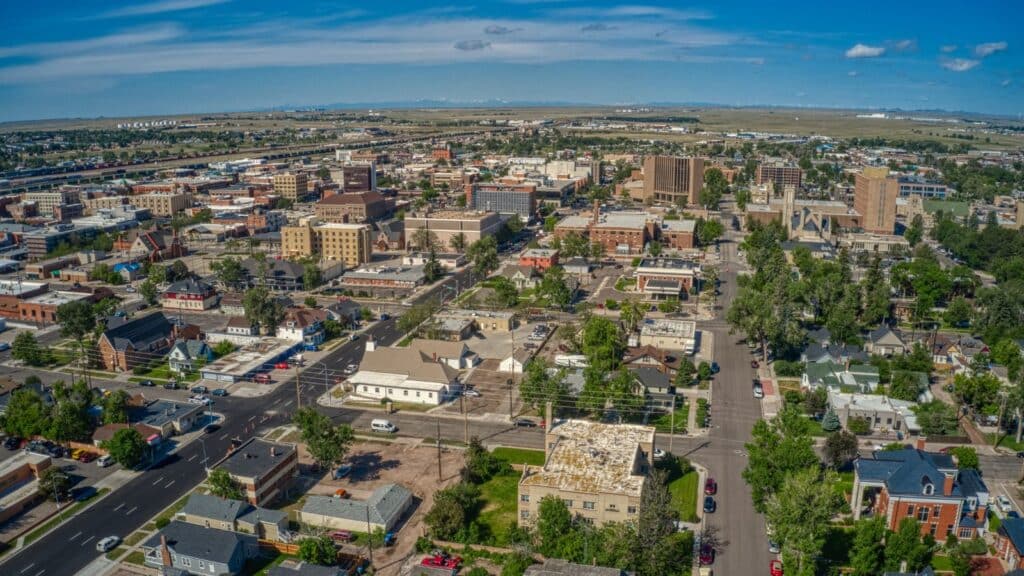
Compared to more populated areas, Wyoming offers fewer cultural attractions like museums, theaters, and concerts. Retirees who enjoy a vibrant social and cultural scene might find options lacking, and the harsh winters put people off retiring here.
Texas

Texas is the opposite of Wyoming, as it experiences hot and humid weather that can be overpowering for some. Additionally, while Texas has no state income tax, it makes up for that revenue with high property taxes and a relatively high combined sales tax. This can strain a fixed retirement income, especially if property values rise in your chosen location.
19 Grim Realities of Dating After 50 That Are Often Overlooked

19 Grim Realities of Dating After 50 That Are Often Overlooked
26 Things That Will Be Extinct Because Millennials Refuse to Buy Them

26 Things That Will Be Extinct Because Millennials Refuse to Buy Them
24 Outdated Slang Terms You Absolutely Shouldn’t Be Using Anymore

24 Outdated Slang Terms You Absolutely Shouldn’t Be Using Anymore
25 Hardest Parts About Getting Older That No One Ever Talks About

25 Hardest Parts About Getting Older That No One Ever Talks About




